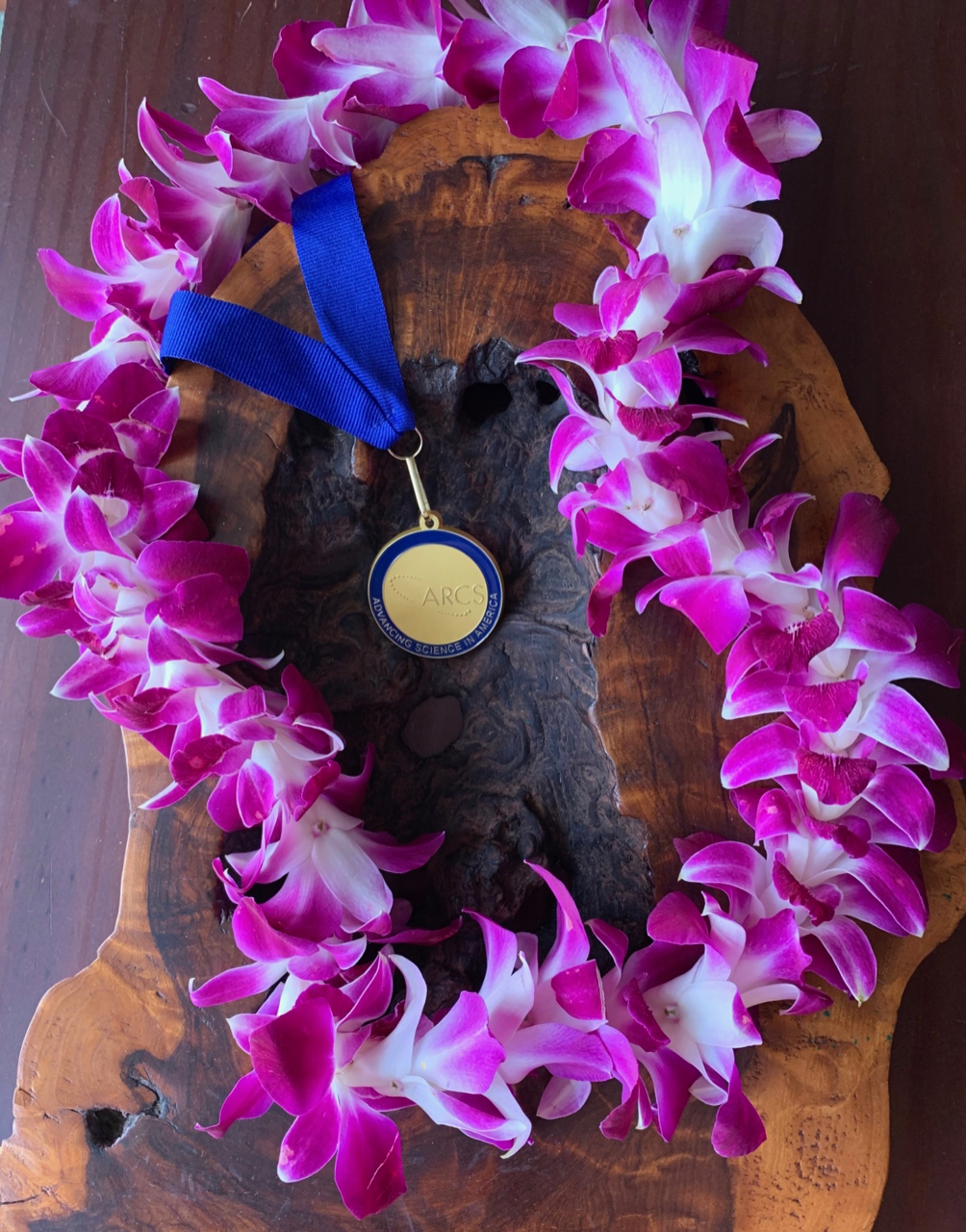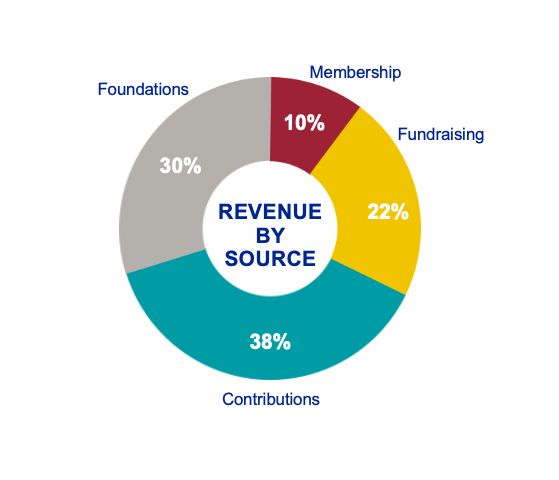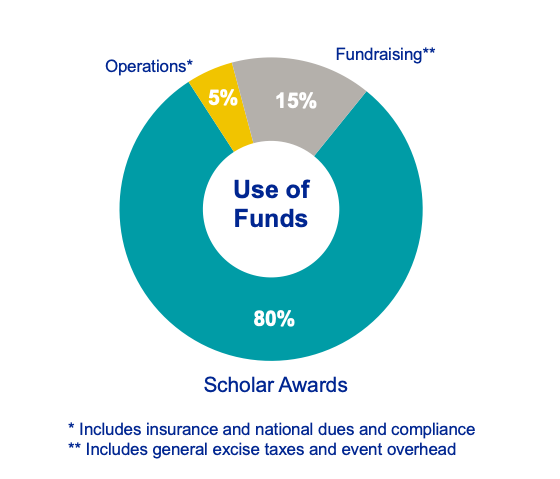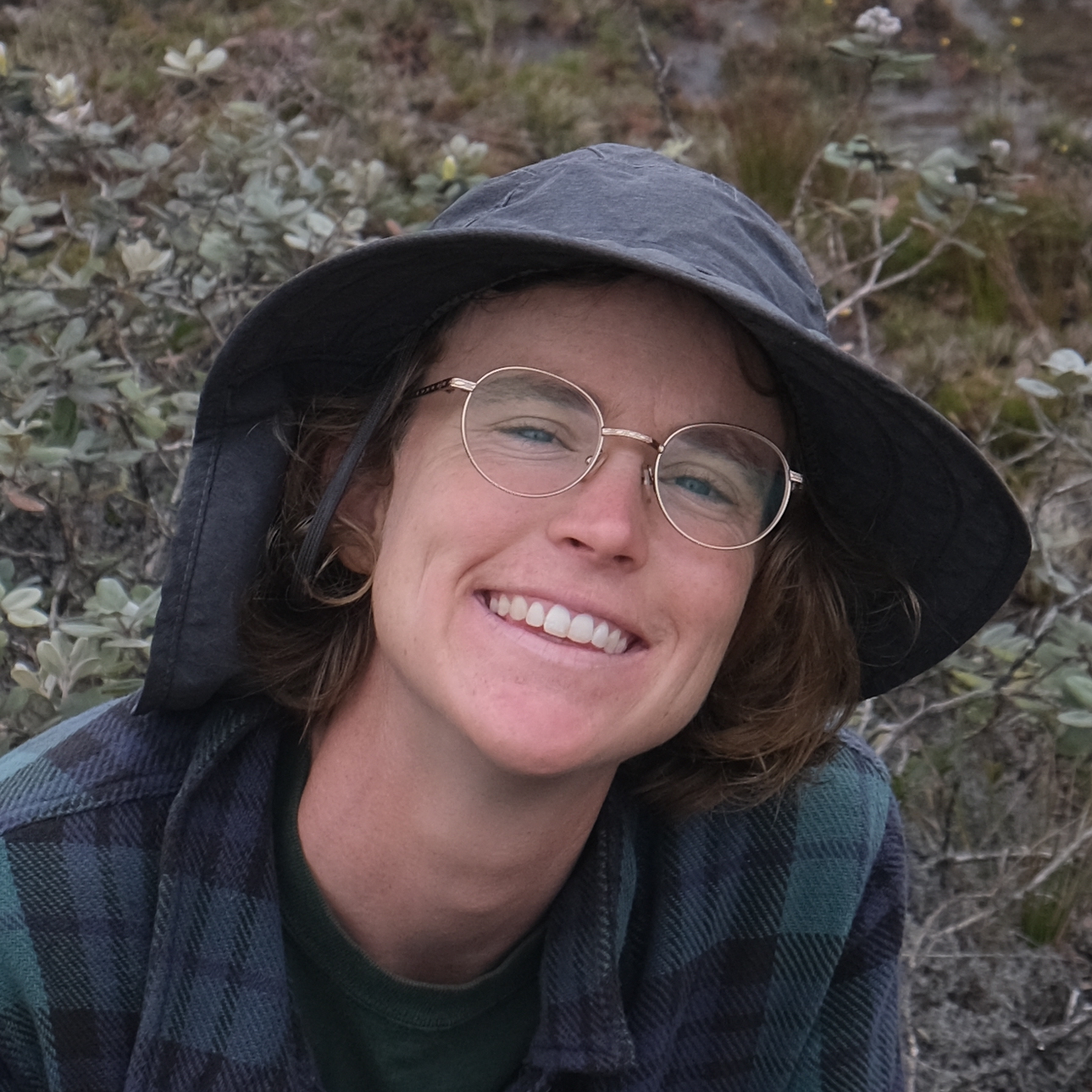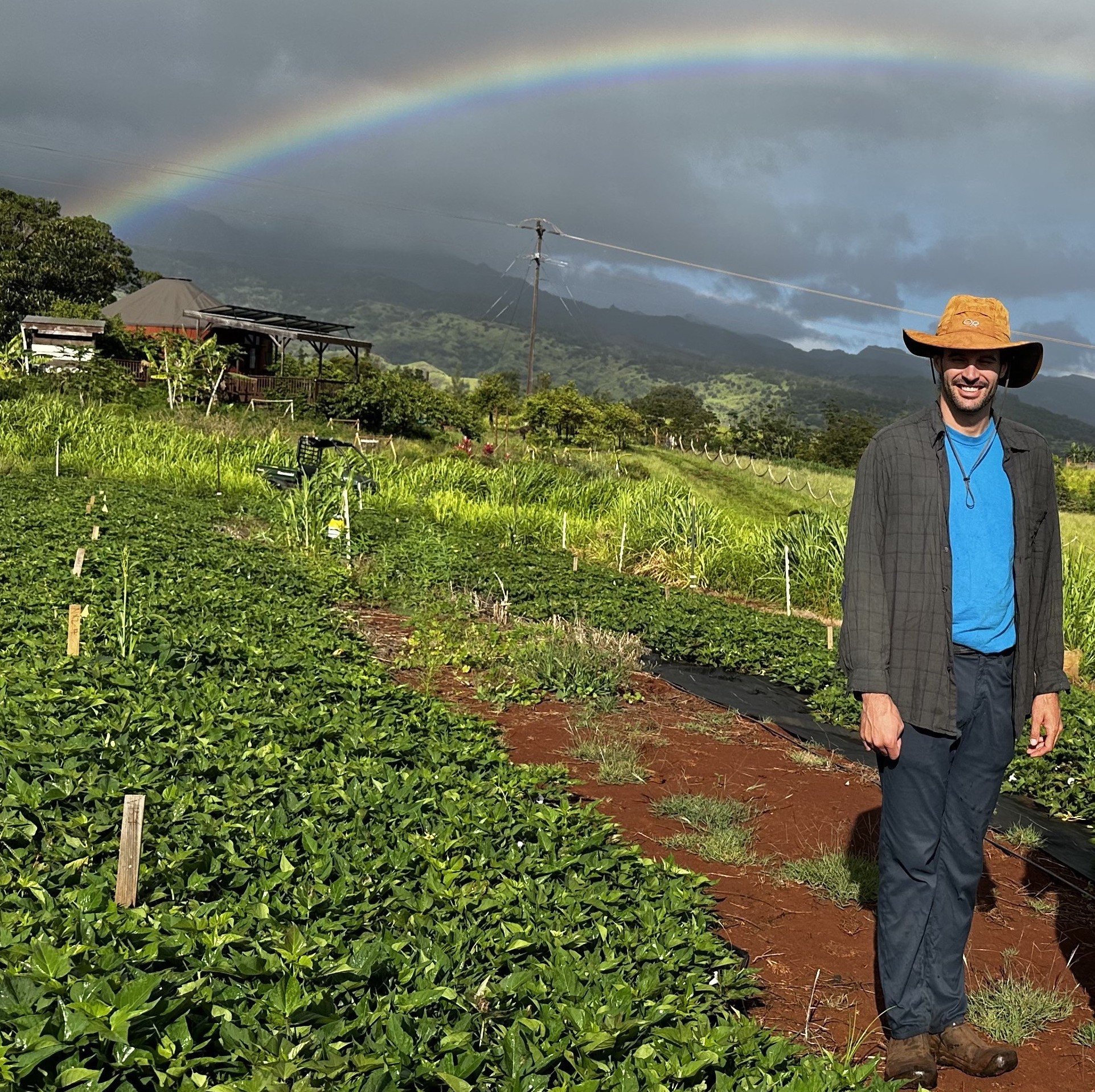Science Communicator Christie Wilcox Tells it Like It Is
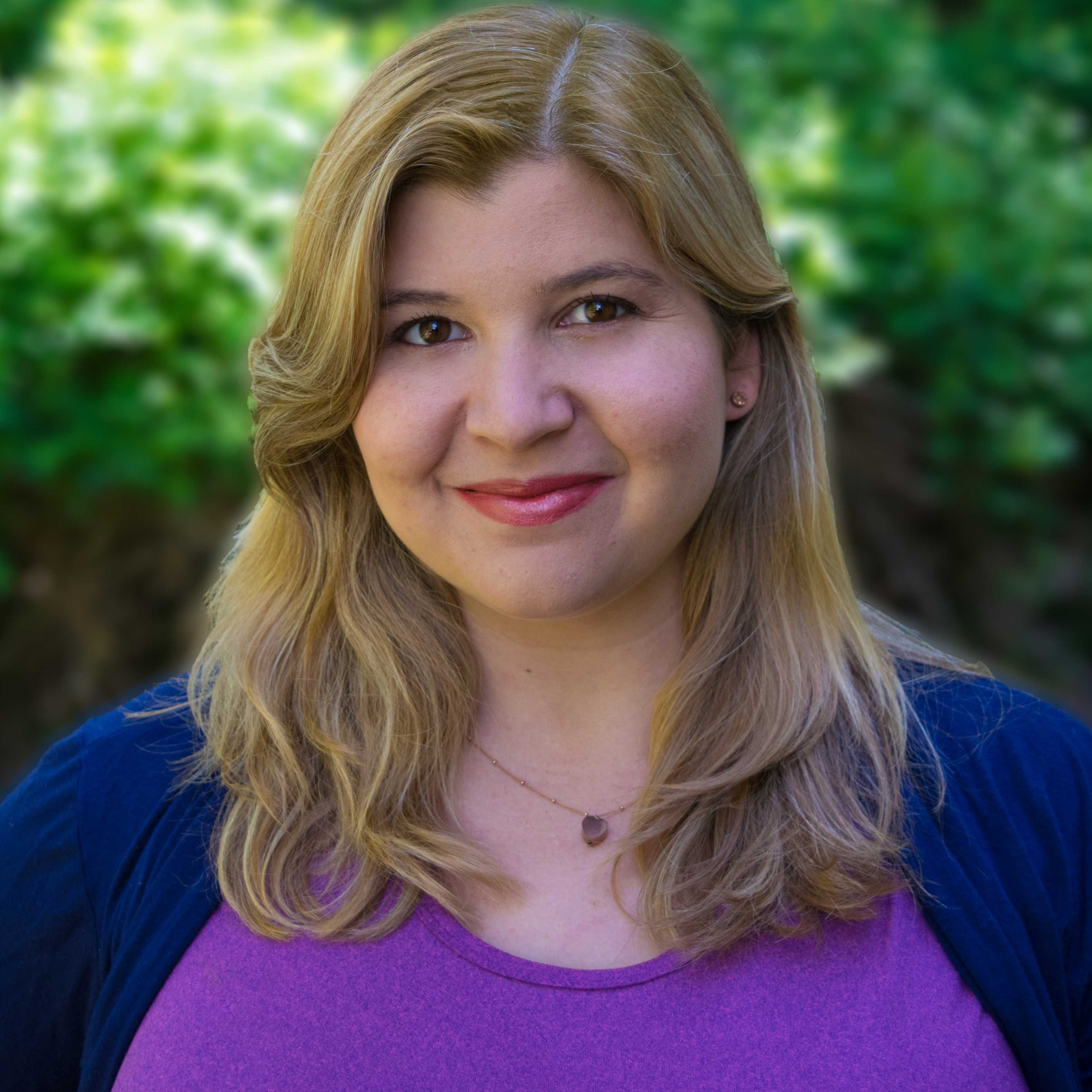
Christie Wilcox, PhD, on her Honolulu ARCS Scholar Award: "The life of a graduate student is not enviable… For me, it was essential. It was what I needed, the kind of funding to pursue these curiosities that I had. And I was grateful for it.” Read more about the the award winning science communicator.

